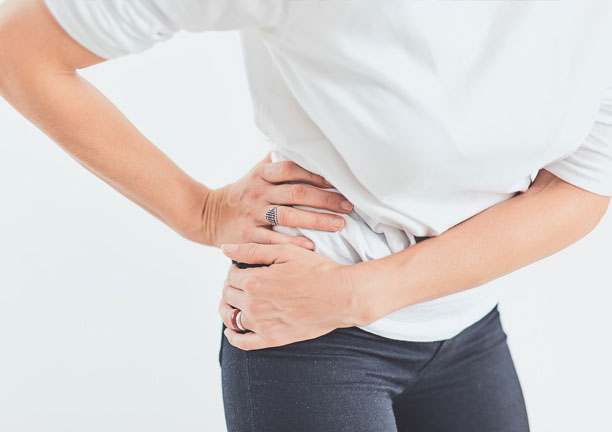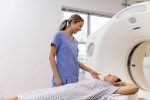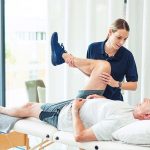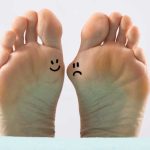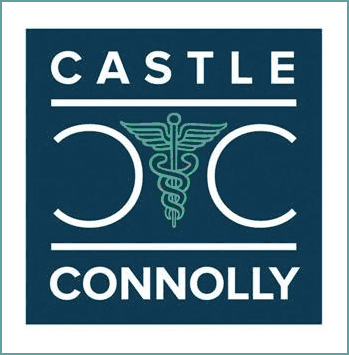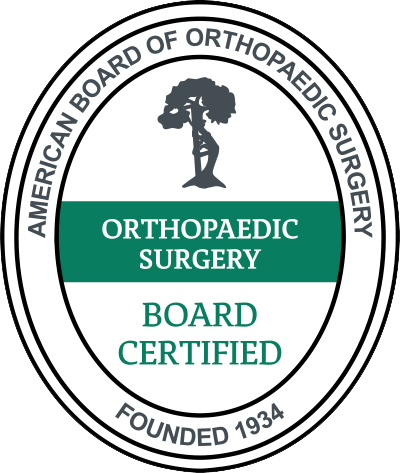Recognizing the early signs of hip problems is crucial for timely intervention and effective treatment. The hip joint plays a vital role in mobility and bears a significant amount of weight, making it susceptible to various conditions. By understanding the initial signs, you can take proactive steps to address hip issues before they worsen. In this article, we will explore the common early signs of hip problems and the importance of seeking medical attention for accurate diagnosis and appropriate treatment.
The First Signs of Hip Problems
Recognizing the early signs of hip problems is crucial for early intervention and appropriate treatment. The hip joint is essential for mobility and bears a significant amount of weight, making it susceptible to various conditions. By understanding the initial signs, you can take proactive steps to address hip issues before they worsen. Common early signs of hip problems that you should be aware of are:
- Pain or Discomfort
- Limited Range of Motion
- Stiffness and Joint Crepitus
- Swelling and Tenderness
- Changes in Gait
- Clicking or Snapping Sensations
If you notice any of these early signs of hip problems, it is important to consult a healthcare professional, such as an orthopedic specialist, for a comprehensive evaluation. They can perform a physical examination, order diagnostic tests if necessary, and provide an accurate diagnosis. Early intervention and appropriate treatment can help manage hip problems effectively, alleviate pain, and improve your quality of life.
Where Do You Feel Pain if Your Hip is Bad?
If you’re experiencing hip problems, you may feel pain in different areas associated with the hip joint. The location of the pain can vary depending on the underlying cause. One common area is the groin, where you may feel deep pain that radiates down the thigh or buttock. Additionally, pain can be felt on the outer side of the hip, known as the lateral hip, or in the buttocks. Some hip conditions may cause pain that extends down the front or back of the thigh from the hip joint. In certain cases, hip problems can even result in referred pain to the lower back. Hip pain is complex, and it’s recommended to consult with an orthopedic specialist for a thorough evaluation and accurate diagnosis.
At What Age Do Hip Problems Start?
Hip problems can affect individuals at different stages of life, and the onset of hip issues can vary. While some hip problems are more common in older adults, others can occur in younger individuals as well. Here are the hip conditions that typically arise depending on the age group:
Childhood and Adolescence
Hip problems in childhood and adolescence are relatively rare but can occur due to developmental conditions or injuries. Some common hip problems in this age group include:
- Developmental Dysplasia of the Hip (DDH): DDH is a condition where the hip joint fails to develop properly, leading to instability or dislocation of the hip joint. It is usually present at birth or develops during infancy.
- Legg-Calve-Perthes Disease: This condition affects the blood supply to the ball-shaped head of the femur (thigh bone) in the hip joint, resulting in bone loss and deformation. It typically affects children between the ages of 4 and 8.
- Slipped Capital Femoral Epiphysis (SCFE): SCFE occurs when the ball-shaped head of the femur slips off the neck of the thigh bone. It usually occurs during the growth spurt of puberty.
Young and Middle Adulthood
Hip problems in young and middle adulthood are often associated with overuse injuries, sports-related activities, or underlying conditions. Some common hip problems in this age group include:
- Hip Impingement: This occurs when the ball and socket of the hip joint do not fit properly, causing friction and pain during movement. It is commonly seen in active individuals and athletes.
- Labral Tears: The labrum is a ring of cartilage that lines the hip socket. Tears in the labrum can cause pain and instability in the hip joint. They can result from injury, repetitive motions, or structural abnormalities.
- Bursitis: Bursae are small fluid-filled sacs that cushion and reduce friction between bones, tendons, and muscles. Inflammation of the hip bursae can lead to bursitis and cause hip pain.
Older Adulthood
Hip problems become more prevalent in older adulthood due to age-related wear and tear, degenerative conditions, and osteoarthritis. Some common hip problems in this age group include:
- Osteoarthritis: This degenerative joint disease occurs when the protective cartilage in the hip joint wears down over time, leading to pain, stiffness, and reduced mobility.
- Hip Fractures: Older adults are more prone to hip fractures, often resulting from falls or weakened bones due to conditions like osteoporosis.
- Greater Trochanteric Pain Syndrome: This condition involves pain and tenderness in the outer part of the hip due to inflammation or injury to the tendons and muscles around the hip joint.
When to Get Checked
It is important to seek medical attention if you experience certain signs and symptoms related to hip problems. There are many indicators that suggest it is time to get checked by a healthcare professional, including persistent or worsening hip pain, difficulty walking or bearing weight, limited range of motion, swelling or inflammation, trauma or injury, and recurrent or chronic hip pain.
If you are experiencing any signs or symptoms of hip problems and are seeking expert care, OrthoConnecticut is here to help. Our team of orthopedic specialists has extensive experience in diagnosing and treating a wide range of hip conditions. We offer comprehensive evaluations, advanced imaging, and personalized treatment plans tailored to your specific needs. Don’t let hip pain limit your mobility and quality of life. Take the first step towards relief by scheduling a consultation with OrthoConnecticut today. Let us guide you on the path to optimal hip health and get you back to doing the activities you love.

